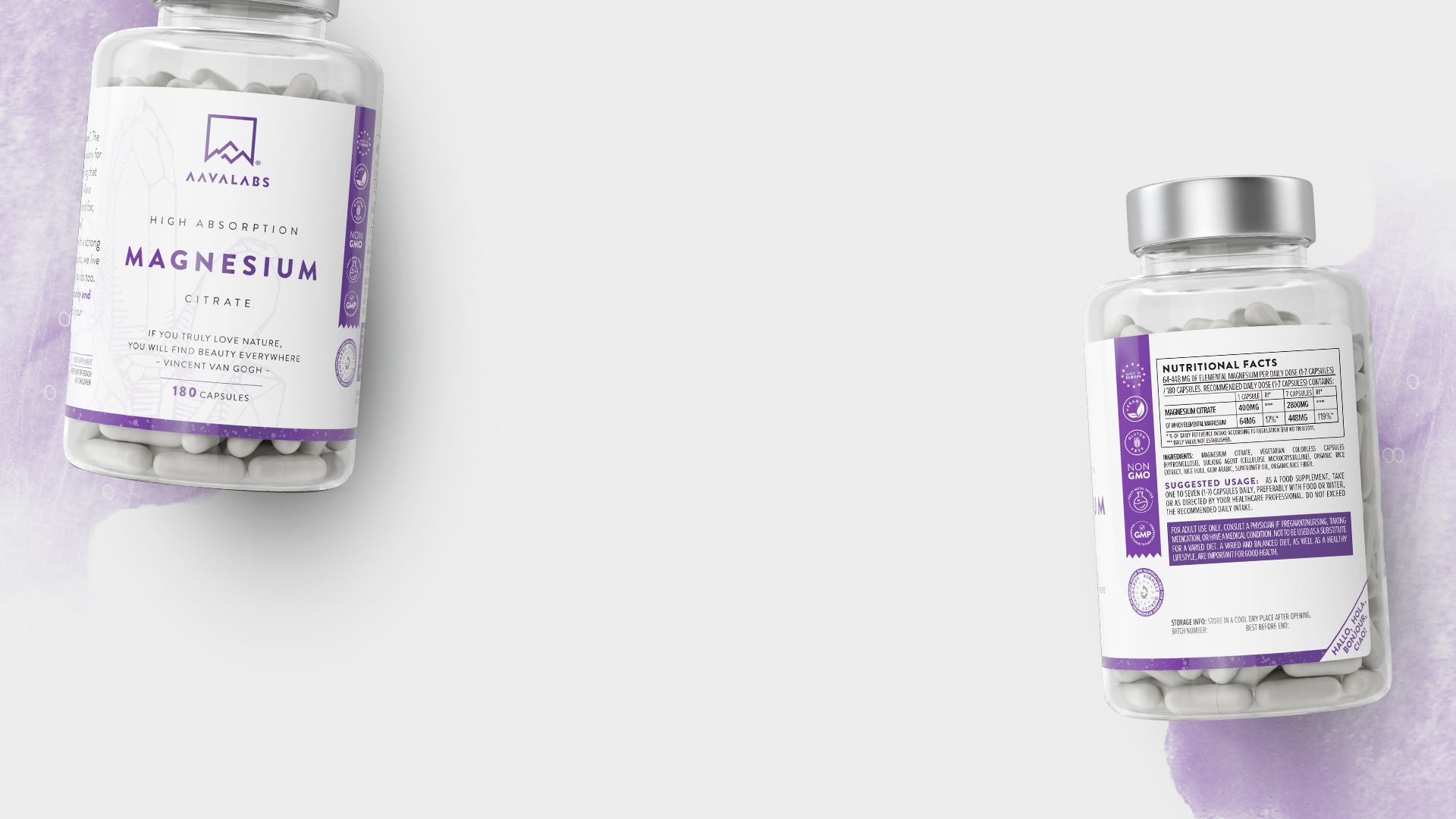
Essential Supplements for Athletes: What You Need to Know
Do athletes need more vitamins? Which nutrients are best for athletes? How can athletes enhance their performance? These are common questions we hear from our customers. In today’s blog post, we’ll delve into the best supplements for athletes and their benefits for health.
We’ll also address common sports nutrition myths and provide insights on optimal nutrients for athletic health.
Why Do Athletes Need Supplements?
If your body doesn’t get the nutrients it needs, it cannot function at its best. Low levels of essential nutrients can lead to deficiencies and negatively impact athletic performance.
Although a balanced diet is crucial, athletes often need more vitamins and minerals due to their increased physical activity. When you sweat during exercise, you lose vital nutrients such as sodium, chloride, magnesium, calcium, zinc, and potassium. In some cases, maintaining optimal nutrient levels may require additional supplementation or specialised sports drinks, especially if you follow a demanding fitness regimen.
What Are the Best Supplements for Athletes?
While all vitamins and minerals are important, some are particularly beneficial for athletes. Here’s a guide to nutrients to enhance athletic performance and the essential vitamins for athletes:
B Vitamins
Each B vitamin—including folate, thiamin, riboflavin, niacin, B6, B12, pantothenic acid, and biotin—plays a unique role in the body. B12, in particular, is vital for red blood cell production and DNA synthesis, which are crucial for athletic performance. Vitamins B12 and B6 help reduce tiredness and fatigue, and support the normal functioning of the nervous system and immune system. Our B Complex supplement provides a broad range of B vitamins that support overall health and wellbeing.
Magnesium
Magnesium is known for its role in muscle and nerve function, but it is involved in over 300 biochemical reactions in the body. Research indicates that athletes may have higher magnesium needs, which can benefit performance and recovery. Magnesium supports:
- Energy production
- Gene maintenance
- Muscle function
- Protein synthesis
- Normal nerve function
Endurance athletes, in particular, might safely consume 500 to 800 mg daily, with ongoing debates about whether higher amounts are beneficial.
Vitamin D
Vitamin D is crucial for various regulatory processes in the body, including maintaining a healthy immune system, bones, and muscles. It also aids in electrolyte metabolism, protein synthesis, and gene expression, all vital for both elite and recreational athletes. Our high-dose vitamin D3 from AAVALABS contains 5000 IU per softgel capsule, combined with extra virgin olive oil for optimal absorption. This supplement is free from allergens, gluten, and GMOs, offering a high-quality option for meeting your vitamin D needs.
Taking one capsule every 5 days—equivalent to a daily intake of 25 µg (1000 I.U., 500% RM)—can help prevent or correct a vitamin D deficiency, especially during the winter months.
Vitamin C
Even slight vitamin C deficiencies can affect exercise performance. As an antioxidant, vitamin C protects muscle cells from oxidative damage, which aids in recovery and growth. Additionally, it’s essential for collagen formation, which is crucial for maintaining healthy tendons, ligaments, skin, and muscles—key concerns for any athlete.
Zinc
Low zinc levels can lead to decreased bone mineral density and increase the risk of fractures. Zinc is important for collagen formation, bone healing, and preventing osteoporosis. Zinc supplements are often recommended for athletes to support these functions.
Other beneficial nutrients for athletes include potassium, sodium, caffeine, nitrate, bicarbonate, beta-alanine, BCAA, and glutamine.
Sport Nutrition Myths to Be Aware Of
Understanding the role of vitamins and minerals is crucial, but it’s equally important to be aware of common sports nutrition myths. In the world of sports, many misconceptions can mislead athletes.
Myth #1: The More Protein You Eat, the More Muscle You Will Gain
While protein is essential for muscle growth, most athletes can meet their protein needs through a balanced diet without additional supplements. Healthy protein sources include fish, poultry, nuts, seeds, tofu, and legumes.
Myth #2: All Fat Is Unhealthy
Dietary fats are vital for overall health. The key is to choose unsaturated fats over saturated fats. Polyunsaturated fats, including omega-3 and omega-6 fatty acids, are especially beneficial for maintaining health.
Myth #3: Supplements Are a Waste of Money
According to our Head of Product Development, Libby, the misconception that we can get all necessary nutrients from food alone is outdated. Nutrient-depleted soils and varying dietary needs, such as veganism, mean that food supplements are often necessary to meet our nutritional requirements.
Myth #4: Energy Bars Are the Best Way to Fuel a Workout
While energy bars are convenient, they often contain preservatives, sweeteners, and emulsifiers. For healthier options, consider homemade snacks that are free from artificial additives.
Striking a Balance Is Key
One common misconception about supplements is that more is better. This is not true, even for athletes. Supplements should complement a healthy diet, not replace it.
Before incorporating supplements, ensure your diet includes a variety of fruits, vegetables, healthy fats, grains, and protein. Consult with a sports physician or nutritionist to tailor the right supplement regimen to your individual needs. Choosing the appropriate supplements can enhance your results more effectively than randomly taking multiple products or overdosing.
As Libby says: “Every individual has unique dietary and lifestyle needs—there is rarely a one-size-fits-all supplement recommendation.”
We also suggest reading our blog post 7 Things You Should Know Before Taking Supplements.



